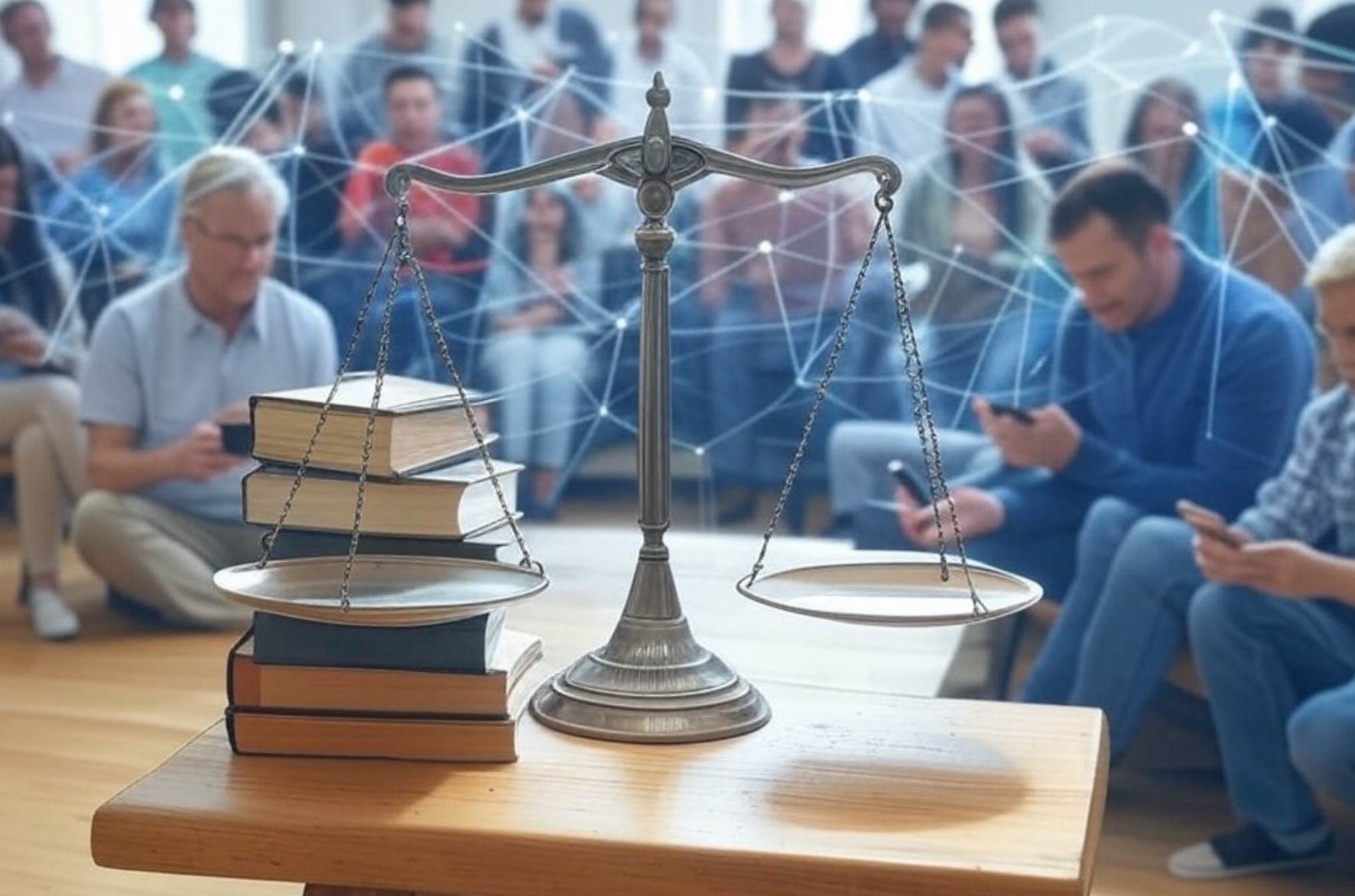The rise of social media has transformed communication, commerce, and culture, bringing with it unprecedented opportunities and challenges. As platforms like X, Instagram, and TikTok continue to grow, the debate intensifies over whether these entities should be regulated by governments or if they should govern themselves through self-regulation. This article delves into the complexities of this debate, exploring the merits, drawbacks, and real-world implications of both approaches.
The Case for Government Regulation
- Consumer Protection:
- Privacy and Data Security: With numerous data breaches and the Cambridge Analytica scandal, there’s a growing call for stringent regulations to protect user data. GDPR in the EU is an example where government intervention has set a global standard for data privacy.
- Child Safety: Regulations can mandate platforms to implement better safeguards against cyberbullying, exposure to harmful content, and online predators.
- Combating Misinformation:
- Misinformation can influence elections, health policies, and societal norms. Government regulation can enforce transparency in political advertising, fact-checking, and the promotion of credible information.
- Market Competition:
- Regulations can prevent monopolistic practices, ensuring that new entrants have a chance to compete, potentially leading to innovation and better services for users.
- Accountability:
- Legal frameworks can hold platforms accountable for content that incites violence, hate speech, or illegal activities, something self-regulation might not adequately address due to conflicts of interest.
Challenges of Government Regulation:
- Innovation Stifling: Overregulation can slow down the pace of innovation, as companies might fear non-compliance penalties.
- Global vs. Local Laws: The internet is borderless, but laws are not. This can lead to jurisdictional conflicts, making uniform compliance across countries challenging.
- Freedom of Speech: There’s a fine line between regulation and censorship. Overzealous laws could infringe on free speech rights.
The Case for Self-Regulation
- Flexibility and Responsiveness:
- Self-regulation allows platforms to quickly adapt to new threats or trends without the lag time associated with legislative processes.
- Innovation:
- Companies can develop unique solutions to problems, experimenting with new technologies like AI for content moderation or user verification systems.
- Community Standards:
- Platforms can tailor rules that fit the ethos of their user base, potentially fostering a more community-driven environment.
- Cost Efficiency:
- Self-regulation might be less costly and bureaucratic than dealing with multiple regulatory bodies globally.
Drawbacks of Self-Regulation:
- Lack of Enforcement: Without legal backing, self-regulatory measures might be inconsistently applied or ignored if they conflict with business interests.
- Bias and Transparency: There’s a risk of platforms shaping rules to favor themselves or their advertisers, potentially at the expense of user rights.
- Accountability Issues: Without external oversight, platforms might not be sufficiently motivated to address all issues, especially those less visible or profitable.
Hybrid Models:
- Co-regulation: Some propose a middle ground where governments set broad guidelines, but the specifics of implementation are left to the platforms, perhaps with independent oversight bodies.
- Industry Standards: Like in other sectors, social media could adopt industry-wide standards for best practices, with or without government endorsement.
Global Perspectives:
- Europe: GDPR and the Digital Services Act show a lean towards regulation with a strong emphasis on privacy and consumer rights.
- USA: Traditionally more laissez-faire, though recent discussions around Section 230 indicate a shift towards reevaluating platform responsibilities.
- Asia: Diverse approaches, with some countries like China having stringent state controls, while others like Japan are more market-oriented.
Conclusion
The debate on regulation versus self-regulation of social media is emblematic of broader discussions about the role of technology in society, privacy, free speech, and economic models. Neither approach is perfect; regulation might protect users but could slow innovation, while self-regulation offers agility but might lack accountability.
The future likely lies in a nuanced approach where both regulatory frameworks and self-regulatory practices coexist, tailored to the unique dynamics of each platform and the cultural, legal contexts of different regions. As technology evolves, so too must our strategies for managing its impact on society, ensuring that social media remains a space for creativity, connection, and constructive discourse.
